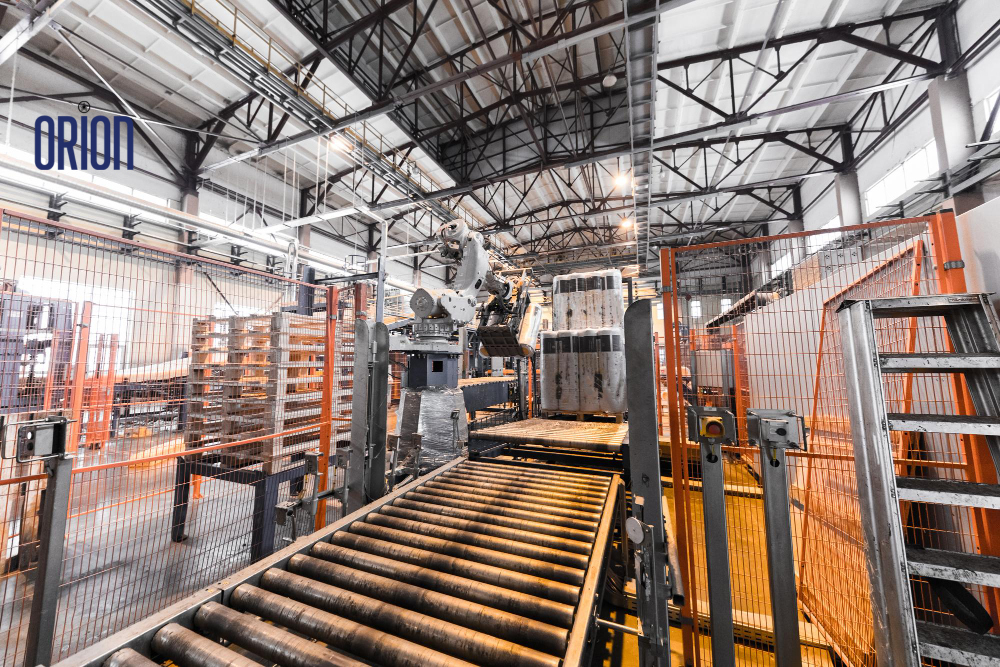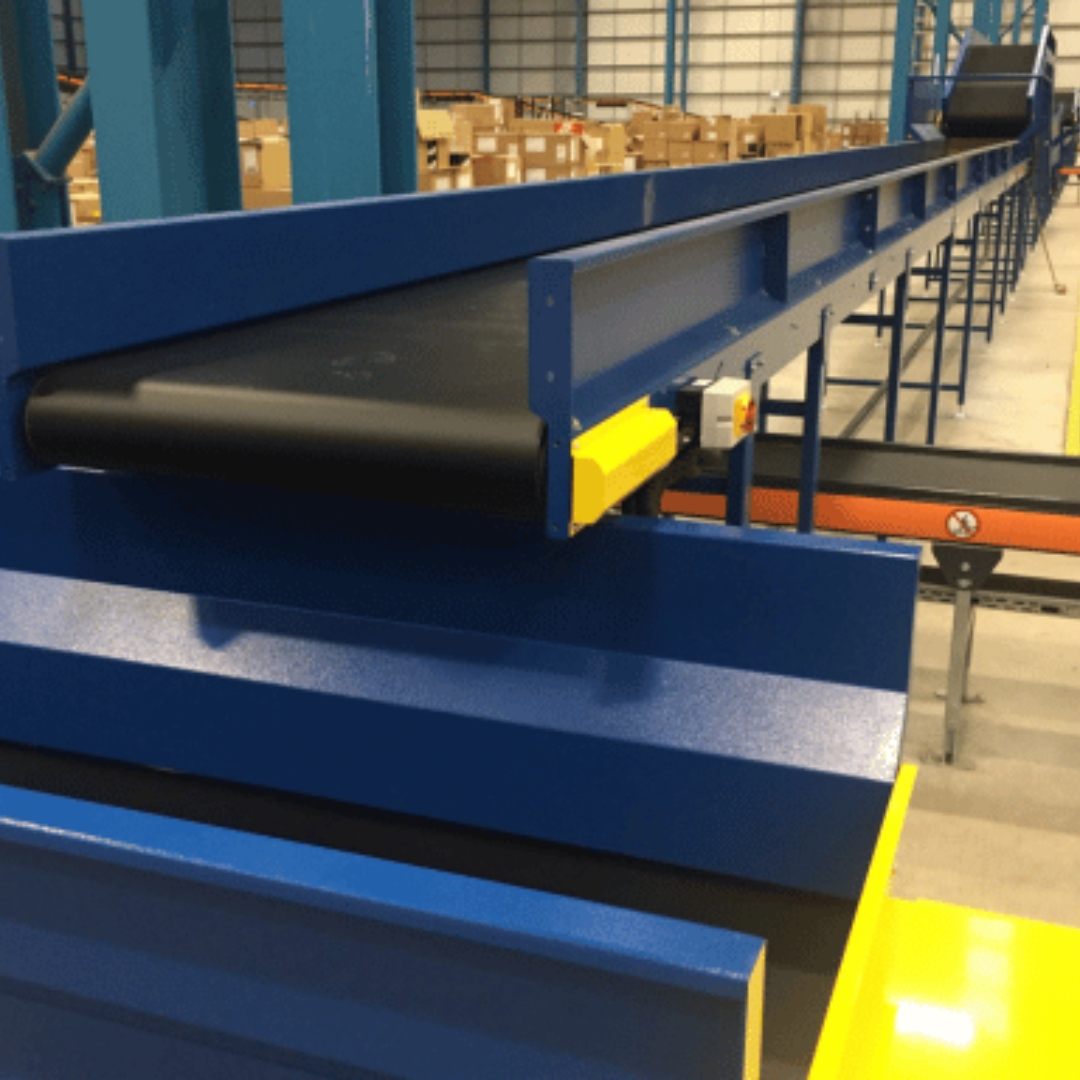Introduction
Conveyor belts are the backbone of industrial automation and manufacturing, streamlining operations across sectors like logistics, mining, packaging, food processing, and more. As the demand for efficiency and smart automation grows, choosing the right conveyor belt manufacturer becomes more critical than ever. This blog explores what to consider when selecting a conveyor belt supplier and how the right partnership can significantly impact your productivity and bottom line.
1. Industry Experience and Expertise
Look for manufacturers with proven experience in your industry. Whether you're in pharmaceuticals, mining, food & beverage, or e-commerce, each sector has unique operational requirements. Experienced conveyor belt manufacturers understand industry standards, safety protocols, and the nuances that can affect your production line.
Tip: Check client case studies or project portfolios to validate their track record.
2. Customization Capabilities
One size doesn't fit all in conveyor systems. The best manufacturers offer custom conveyor belt solutions tailored to your space, load capacity, material type, and operating environment. Customization ensures higher efficiency, reduced downtime, and longer lifespan of equipment.
3. Material Quality and Technology
Durability starts with material. Whether it's PVC, PU, rubber, or metal mesh belts, ensure the manufacturer uses high-grade, wear-resistant materials. Additionally, look for companies that integrate the latest automation technology, smart sensors, and energy-efficient motors.
4. Compliance and Certifications
Reputable conveyor belt manufacturers adhere to international standards and certifications such as ISO 9001, FDA compliance (for food-grade belts), and CE marking. This ensures the equipment is safe, reliable, and built to regulatory specifications.
5. After-Sales Support and Maintenance
A good conveyor system is only as reliable as the support behind it. Choose a manufacturer that offers robust after-sales services, including installation, regular maintenance, repairs, and spare part availability. Fast support minimizes production downtime.
6. Cost vs. Long-Term Value
While upfront costs are important, don’t compromise on quality for lower prices. Evaluate the total cost of ownership (TCO) — which includes installation, energy use, maintenance, and lifespan. A slightly higher initial investment can yield greater ROI in the long run.
7. Eco-Friendly Manufacturing Practices
In 2025, sustainability matters. Many manufacturers now design energy-efficient conveyor systems with recyclable materials and low-carbon production methods. Partnering with an environmentally responsible company enhances your own ESG goals and brand image.
Conclusion
Choosing the right conveyor belt manufacturer is not just about buying equipment — it’s about forming a partnership that enhances your productivity, reduces costs, and supports your growth. As industries continue to evolve with smart technologies and eco-conscious practices, working with an experienced, forward-thinking conveyor belt manufacturer is a strategic decision for long-term success.






